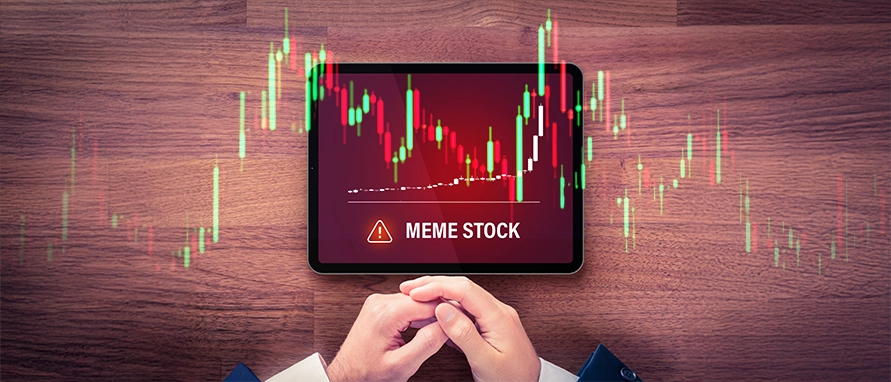Before investing, it’s important to know the risks these volatile stocks carry:
High Volatility and Price Swings
Meme stocks can experience extreme price volatility within short periods. While this volatility presents opportunities for gains, it also increases the risk of substantial losses, particularly for investors who buy near price peaks.
Lack of Fundamental Support
Unlike traditional investments that are anchored to company earnings and growth, meme stock prices often lack fundamental justification. This disconnect can lead to sharp reversals once investor enthusiasm fades.
Emotional and Impulsive Trading
The hype around meme stocks may encourage emotional or speculative trading decisions, leading to poorly timed entries and exits.
Regulatory Scrutiny
Regulatory bodies such as SEBI in India, the US SEC, and stock exchanges actively keep an eye on meme stock movements to address potential issues like market manipulation, misleading information, and irregular trading behavior.



.jpeg)












